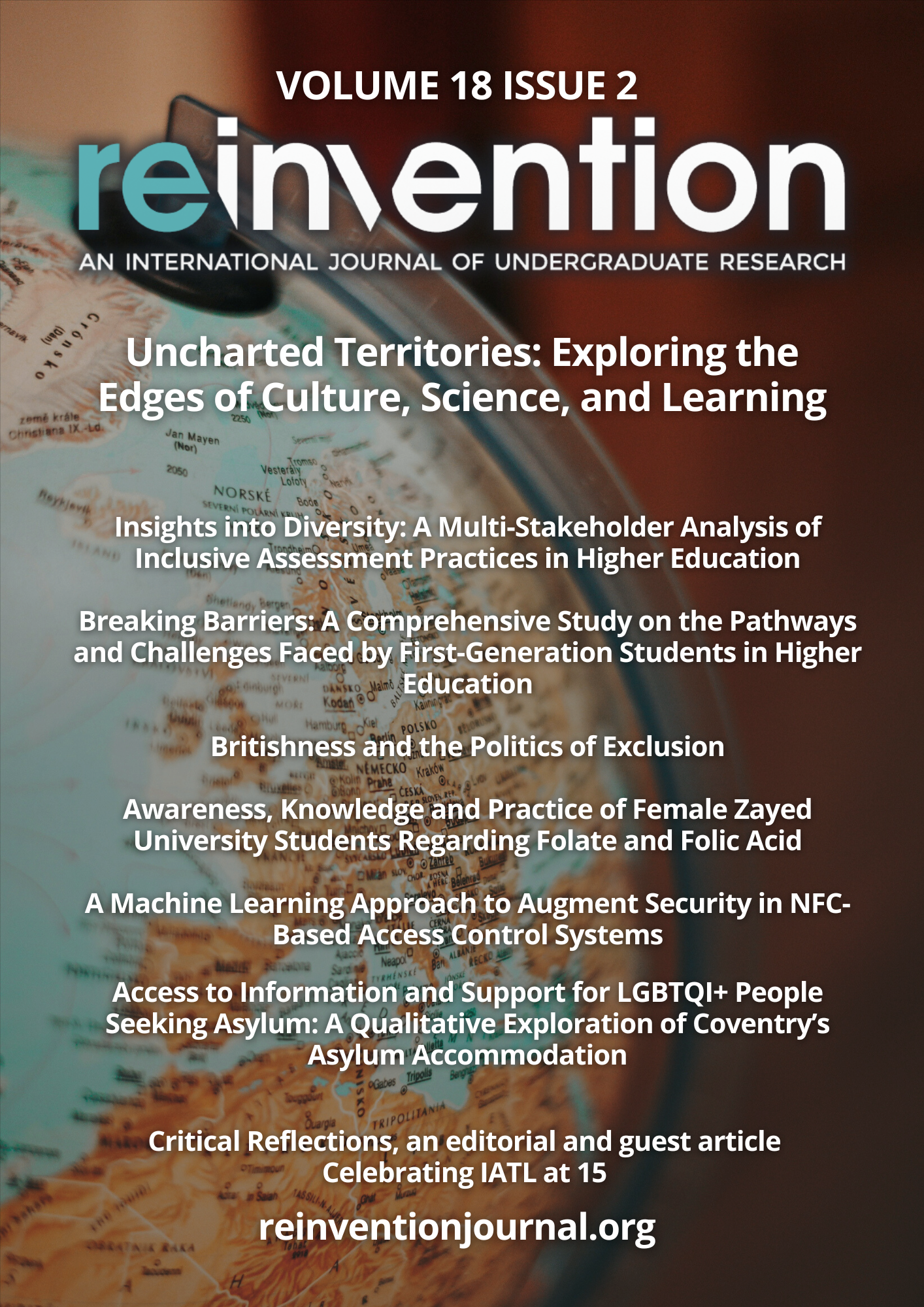Abstract
This paper explores the evolving role of Artificial Intelligence (AI) in primary education, highlighting its potential to personalise learning, alleviate teacher workload and enhance student outcomes. It critically examines the integration of AI technologies, ranging from intelligent tutoring systems to voice-activated assistants, and their implications for pedagogy, student wellbeing and digital literacy. While acknowledging AI’s transformative capabilities, the paper similarly addresses ethical concerns, including data privacy, bias and overreliance on automated systems. Drawing on current research, educational policy and practical examples, it advocates for the responsible adoption of AI guided by informed teacher judgement and robust digital literacy education. Ultimately, it calls for collaborative efforts among educators, technologists and policymakers to ensure AI enriches learning without compromising human values or professional integrity.

This work is licensed under a Creative Commons Attribution 4.0 International License.
Copyright (c) 2025 Lorna Robinson

